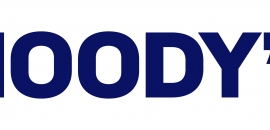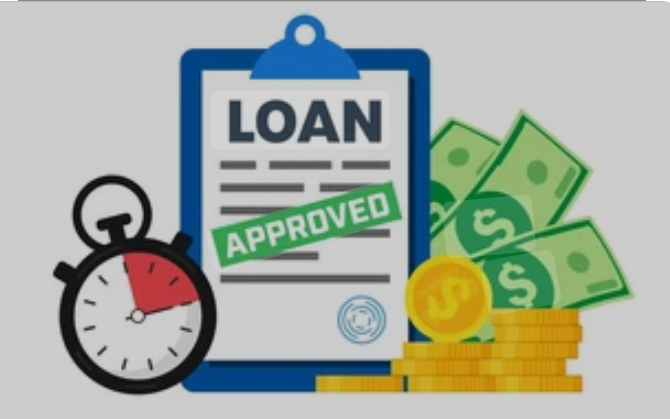
Moody’s Upgrade Ghana’s Credit Rating
Oct 11, 2025
by Ekow Benyah Oct 01, 2025

October 1, 2025
Ghana's credit market is experiencing a significant slowdown in 2025, with borrowing activity falling to less than half the pace recorded in 2024. The cooling trend reflects growing caution among households and businesses, raising concerns about economic momentum and investment confidence across the country.
According to the Bank of Ghana's July 2025 Monetary Policy Report, gross loans and advances in the banking sector grew by just 6.1% to GH¢89.7 billion in the first half of 2025—a sharp drop from the 15.6% growth recorded during the same period last year.
Lending to individuals and private businesses, traditionally the engine of credit expansion, slowed to 9.2%, reaching GH¢85.3 billion by June 2025. This represents less than half the 17.7% growth rate seen a year earlier.
The most dramatic contraction occurred in the public sector, where credit plummeted by 31.3% to GH¢4.4 billion. This steep decline, far exceeding the 5.0% contraction in June 2024, reflects the government's fiscal consolidation efforts under its IMF-supported programme.
Despite the overall slowdown, credit continues to flow predominantly to three sectors:
Together, these sectors absorbed 72.3% of all loans by June 2025, compared with 67.2% the previous year, indicating increasing concentration in bank lending portfolios.
Mining and quarrying emerged as the least financed sector, accounting for just 2.8% of loans—down from 3.3% in 2024—despite its critical role in generating foreign exchange earnings.
The 2025 slowdown stands in stark contrast to 2024's borrowing boom, when Ghanaians aggressively pursued credit despite interest rates hovering around 30%. Last year, private sector and household borrowing surged by 26.3% to GH¢89.1 billion, while total loans jumped 24.1% to GH¢95.5 billion.
The reversal in momentum reflects several converging factors:
High Borrowing Costs: Interest rates remain elevated, with average lending rates currently at 21% as of September 2025, continuing to dampen demand for credit.
Exchange Rate Volatility: The cedi's turbulent journey has created uncertainty for businesses. After starting 2025 at around GH¢14.80 to the dollar and strengthening to GH¢10.20 by May, the currency has since weakened to approximately GH¢13.50, complicating planning for import-dependent businesses.
Private Sector Caution: Businesses appear to be scaling back investment amid weaker demand, tighter operating margins, and persistent currency uncertainty.
Fiscal Restraint: Government's sharp reduction in borrowing aligns with IMF programme requirements focused on debt reduction and fiscal consolidation.
Banking Sector Recalibration: After 2024's aggressive expansion, lenders may be prioritizing asset quality over rapid growth, exercising greater caution in their lending activities.
The credit slowdown carries significant implications for multiple stakeholders:
For Businesses: The subdued borrowing appetite suggests companies may need to reassess expansion timelines or explore alternative financing channels such as equity investments or strategic partnerships.
For Banks: With loan demand easing and credit concentrated in just three sectors, financial institutions could face revenue pressures. Innovation in product offerings and broader risk appetite may become necessary.
For Policymakers: The data highlights the delicate balance between maintaining fiscal discipline and stimulating private sector growth. Targeted interventions may be needed to unlock credit for productive sectors including agriculture, manufacturing, and small and medium enterprises.
Ghana's credit market in 2025 represents a shift from aggressive borrowing to selective financing. While services and commerce sectors remain robust, the broader slowdown raises questions about the sustainability of economic growth and the strength of investment confidence.
For business leaders, investors, and policymakers, the current landscape demands caution, strategic recalibration, and careful financing decisions as the country navigates its economic recovery path.

Oct 11, 2025

Oct 01, 2025